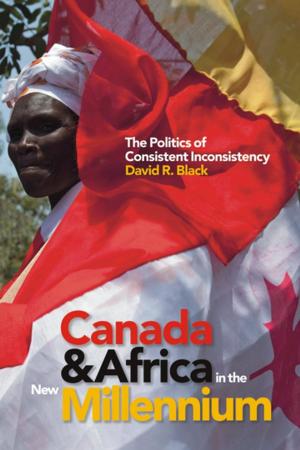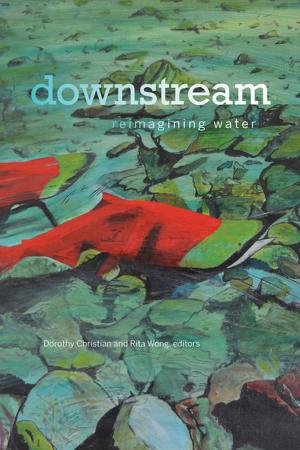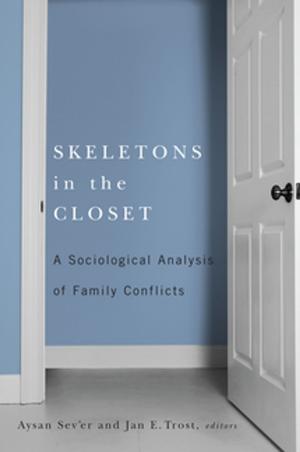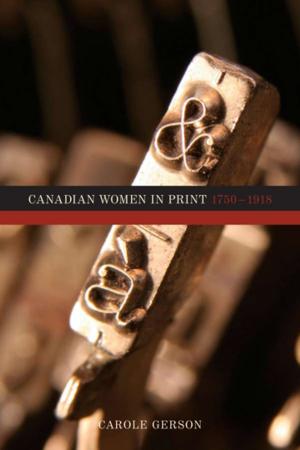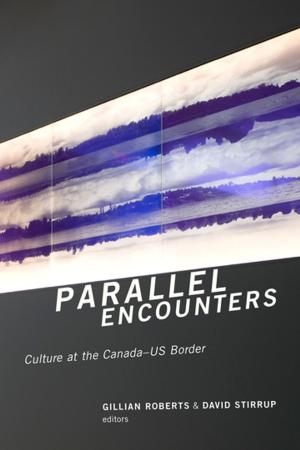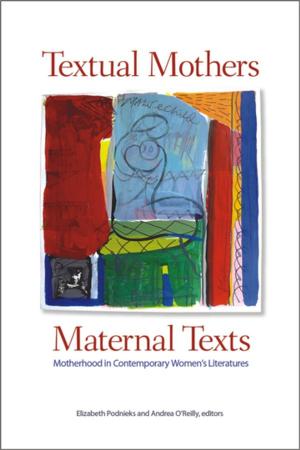Feminist Pedagogy in Higher Education
Critical Theory and Practice
Nonfiction, Reference & Language, Education & Teaching, Educational Theory, Philosophy & Social Aspects, Social & Cultural Studies, Social Science, Gender Studies, Feminism & Feminist Theory, Women&| Author: | ISBN: | 9781771120982 | |
| Publisher: | Wilfrid Laurier University Press | Publication: | July 31, 2015 |
| Imprint: | Wilfrid Laurier University Press | Language: | English |
| Author: | |
| ISBN: | 9781771120982 |
| Publisher: | Wilfrid Laurier University Press |
| Publication: | July 31, 2015 |
| Imprint: | Wilfrid Laurier University Press |
| Language: | English |
In this new collection, contributors from a variety of disciplines provide a critical context for the relationship between feminist pedagogy and academic feminism by exploring the complex ways that critical perspectives can be brought into the classroom.
This book discusses the processes employed to engage learners by challenging them to ask tough questions and craft complex answers, wrestle with timely problems and posit innovative solutions, and grapple with ethical dilemmas for which they seek just resolutions. Diverse experiences, interests, and perspectives—together with the various teaching and learning styles that participants bring to twenty-first-century universities—necessitate inventive and evolving pedagogical approaches, and these are explored from a critical perspective.
The contributors collectively consider the implications of the theory/practice divide, which remains central within academic feminism’s role as both a site of social and gender justice and as a part of the academy, and map out some of the ways in which academic feminism is located within the academy today.
In this new collection, contributors from a variety of disciplines provide a critical context for the relationship between feminist pedagogy and academic feminism by exploring the complex ways that critical perspectives can be brought into the classroom.
This book discusses the processes employed to engage learners by challenging them to ask tough questions and craft complex answers, wrestle with timely problems and posit innovative solutions, and grapple with ethical dilemmas for which they seek just resolutions. Diverse experiences, interests, and perspectives—together with the various teaching and learning styles that participants bring to twenty-first-century universities—necessitate inventive and evolving pedagogical approaches, and these are explored from a critical perspective.
The contributors collectively consider the implications of the theory/practice divide, which remains central within academic feminism’s role as both a site of social and gender justice and as a part of the academy, and map out some of the ways in which academic feminism is located within the academy today.


